- Overview & Types
- Symptoms & Diagnosis
- Treatment
- Living With
- Related Conditions
- Type 2 Diabetes
- Type 1 Diabetes
- Gestational Diabetes
- Appointment Prep
- View Full Guide
Your Diabetes Supply Kit

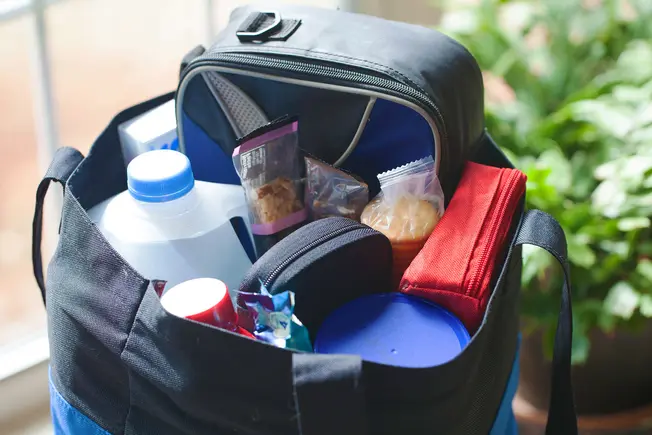
Always Be Prepared
When you have a condition like diabetes, a trip away from home means packing a few extra items: the supplies you use to take care of yourself. And if a disaster like a hurricane or fire strikes, or even if you have simple power failure, you may need to leave your home right away. Gather a few key things ahead of time and store them in an easy-to-grab "go bag" so you're ready to head out at a moment's notice.
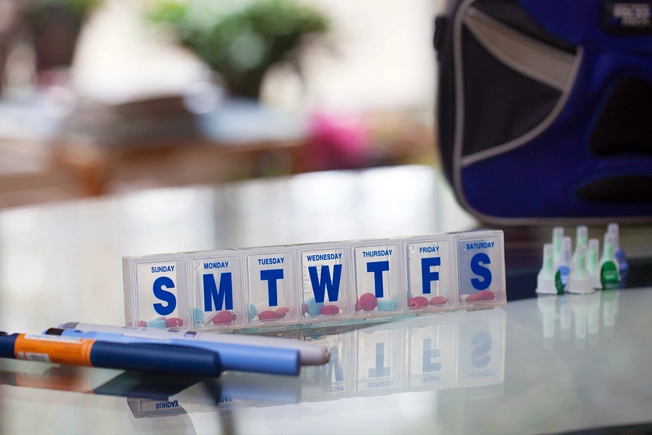
Extra Medication
Put aside 7 days' worth of any medicine you take. If you have type 2 diabetes, that probably includes pills that help your body use insulin better. People who have type 1 diabetes and some people with type 2 will need to pack a supply of insulin and syringes or insulin pens. Store your supply separately in the fridge if it needs to be refrigerated, and check your stash every so often to make sure nothing has expired.
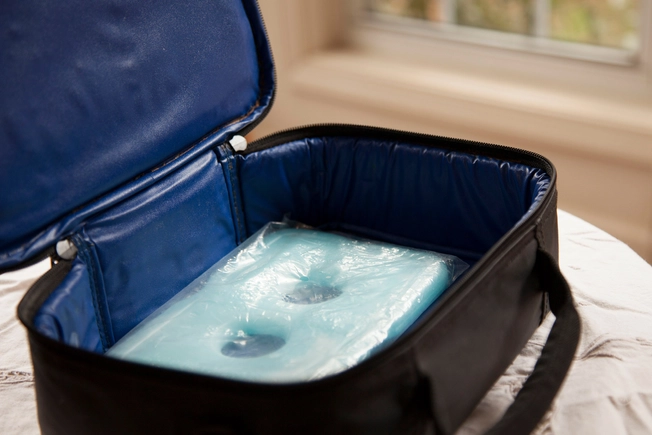
Keep It Cool
A cold pack and insulated bag is a good idea for anyone who uses a medicine that normally goes in the refrigerator. That includes exenatide, insulin, and pramlintide.
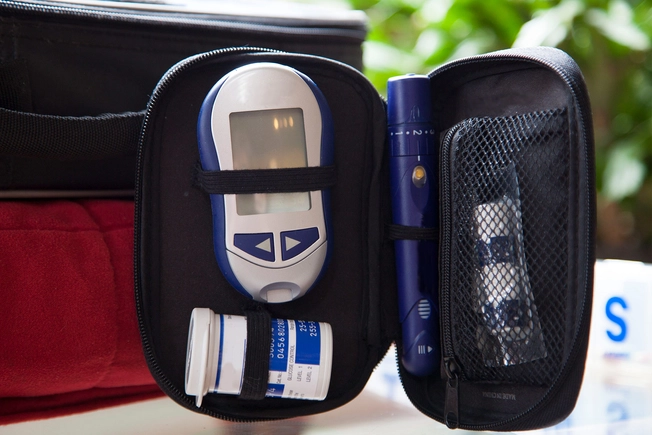
Must-Have Medical Supplies
Don't forget about the items you'll need to test your blood sugar, such as:
- Glucose meter with extra batteries
- Test strips
- Lancets
- Empty plastic bottle or sharps container for lancets (as well as needles and syringes, if you use them)
- If your doctor has told you to check for ketones, you should carry ketone test strips, too.
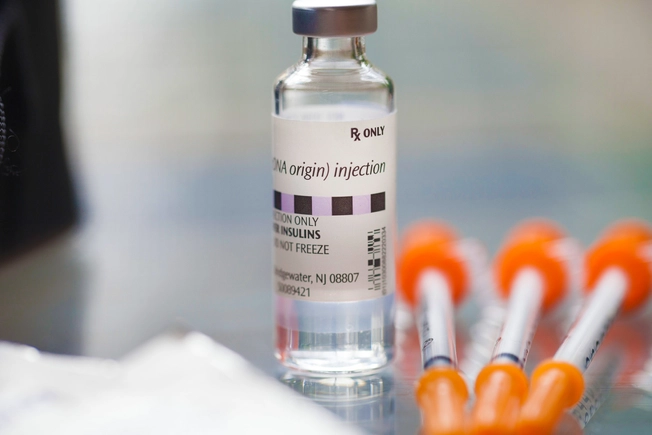
If You Use a Pump
If you have type 1 diabetes and use an insulin pump, you should also pack:
- Extra reservoirs and infusion sets
- Extra batteries
- Vials of insulin and syringes (in case the pump stops working)
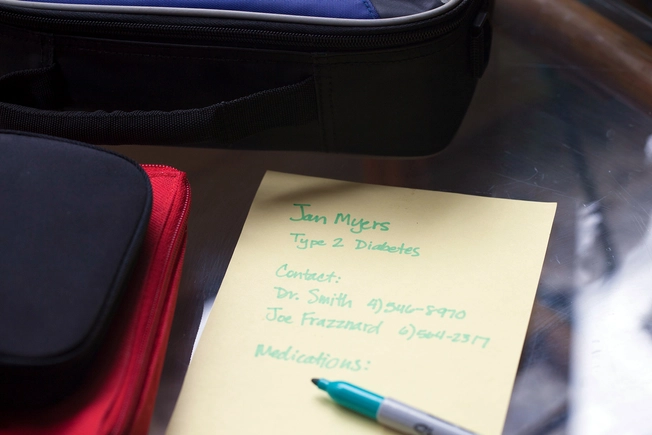
Write It Down
Your supply kit should have important information about your condition and treatment. Make an info sheet that includes:
- Your diagnosis (type 1 or type 2 diabetes, along with any other conditions you have)
- A list of all the medications you take, along with details about the dose and when to take them
- Contact numbers for your primary care doctor, endocrinologist, and pharmacy
- Contact info for family and close friends
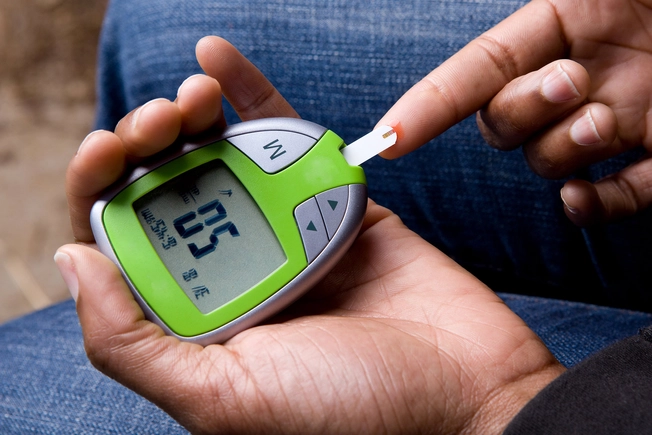
In Case Your Blood Sugar Drops
If it gets too low, you'll need to act quickly. Keep some snacks with you that can get you out of the danger zone, like:
- Juice boxes or regular soda
- Small boxes of raisins
- Glucose gel or tablets
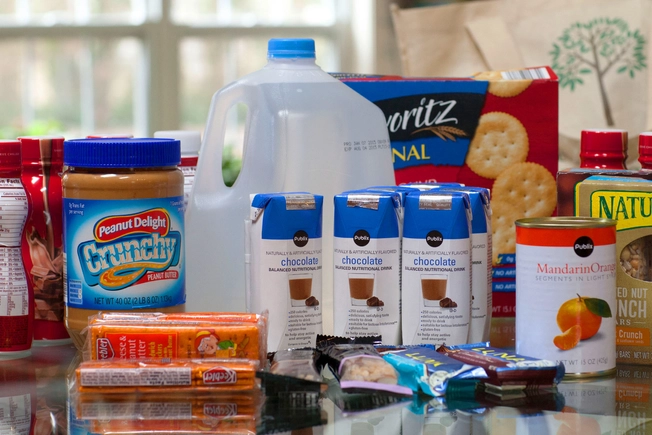
Food and Water
It's important to stay hydrated, especially if your blood sugar levels tend to get too high. Put aside enough bottled water to last you at least 3 days.
You should also pack at least 2 days' worth of food that won't spoil. Good picks include peanut butter, cheese crackers, meal replacement shakes, and granola bars. Canned food is also smart. Just remember the non-electric can opener.
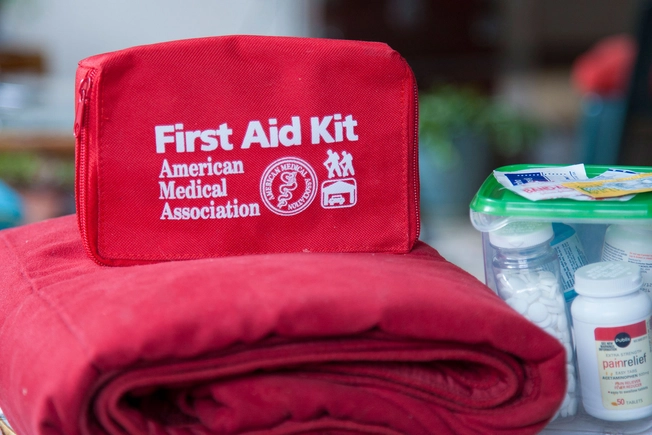
First-Aid Essentials
You can buy a premade kit or create your own. Some key items to include: adhesive bandages, antibiotic ointment, hydrocortisone cream, pain and fever medicine, gloves, scissors, tweezers, gauze, cloth tape, a thermometer, a blanket, and a glucagon pen.
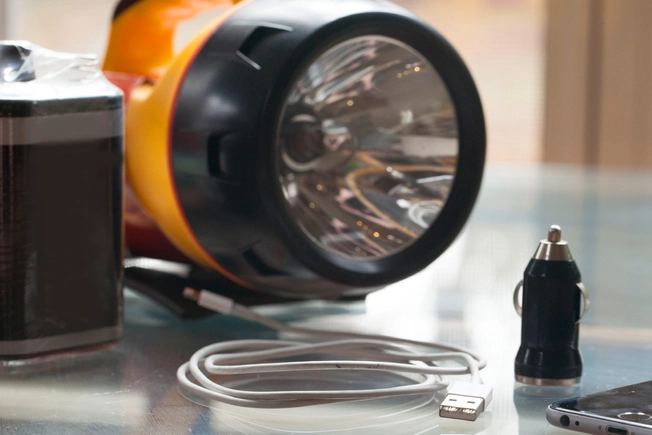
Power On
You never know when the lights might go out. That's why it's always helpful to have:
- Flashlight and extra batteries
- Radio (battery- or solar-powered, or hand crank)
- Extra charger for your cellphone
IMAGES PROVIDED BY:
1. Anna Webb / WebMD
2. Anna Webb / WebMD
3. Anna Webb / WebMD
4. Anna Webb / WebMD
5. Anna Webb / WebMD
6. Anna Webb / WebMD
7. MarkHatfield / Getty Images
8. Anna Webb / WebMD
9. Anna Webb / WebMD
10. Anna Webb / WebMD
SOURCES:
American Diabetes Association: "DKA Ketoacidosis and Ketones."
American Red Cross: "Anatomy of a First Aid Kit."
CDC: "Gather Emergency Supplies."
Empoweryourhealth.org: "My Diabetes Emergency Plan."
Joslin Diabetes Center: "Diabetes and Major Emergencies: How to Prepare," "Common Questions About Type 2 Diabetes."
New York City Office of Emergency Management: "Get Prepared: Seniors & People With Special Needs."